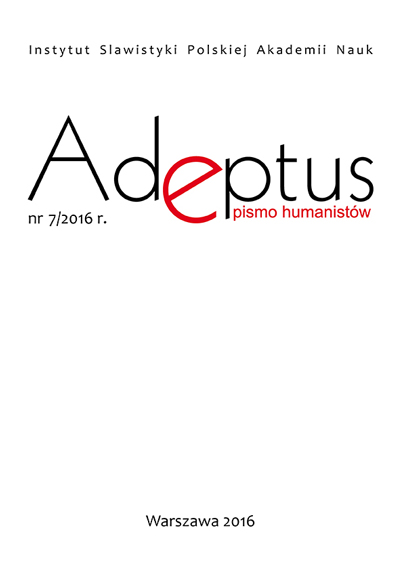The soul in the mediaeval Psalter
The soul in the mediaeval Psalter
Author(s): Kinga LisSubject(s): Christian Theology and Religion, Language and Literature Studies, Theology and Religion, Translation Studies
Published by: Instytut Slawistyki Polskiej Akademii Nauk
Keywords: biblical translation theory; equivalent selection strategy; Psalter; Psalter translation
Summary/Abstract: The paper is an attempt to examine what lies at the heart and soul of the mediaeval Psalter in the contemporaneous approach(es) to its vernacularisations. In particular, the paper investigates the applications of the mediaeval translation theory in relation to a 12th-century Anglo-Norman, a 15th-century Middle French and four 14th-century Middle English prose Psalter renditions, with a view to locate them within the spirit of the attitude to biblical translations current in the Middle Ages and against the backdrop of the position of the Psalter in the period. In practical terms, the analysis is conducted on the basis of the equivalent selection strategies for rendering four Latin nouns central to the Psalter: anima, animae ‘soul,’ cor, cordis ‘heart’ and, perhaps surprisingly, ren, renis ‘kidney’ and lumbus, lumbi ‘loins’. All cases of variation in this respect are studied closely from intra- as well as extra-textual perspectives in order to establish the possible reasons behind the divergences, as these constitute exceptions rather than the rule, even in apparently heterodox renditions.
Journal: Adeptus
- Issue Year: 2016
- Issue No: 07
- Page Range: 84-101
- Page Count: 18
- Language: English

